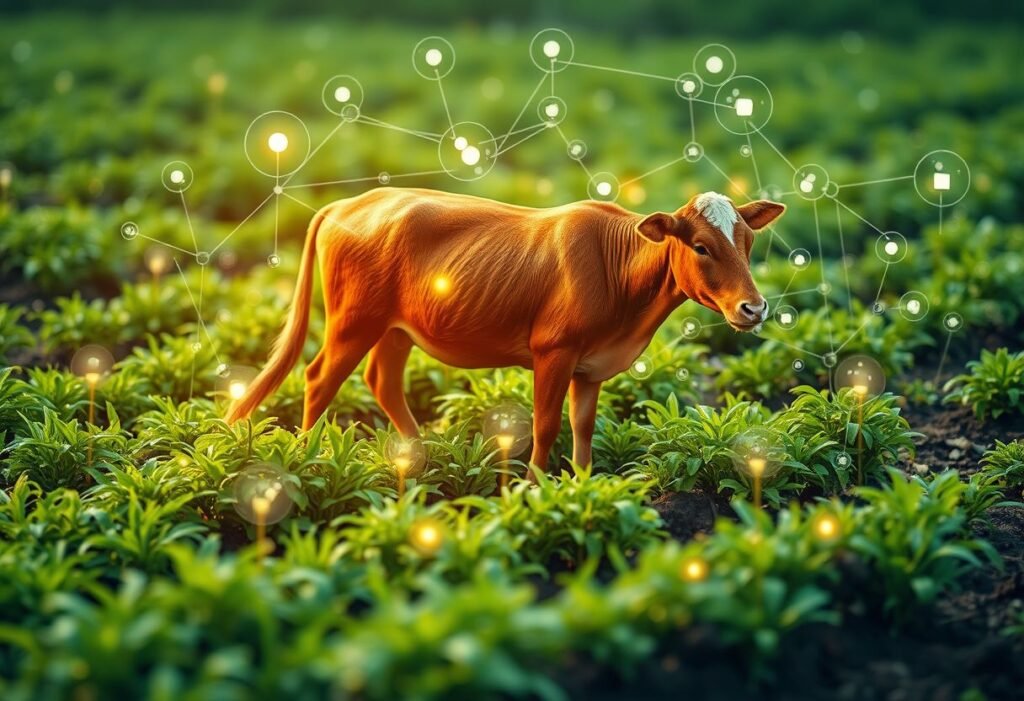The Internet of Things (IoT) is reshaping traditional industries with innovative technologies that enhance agricultural efficiency. This transformation is vital for meeting the growing food demands while minimizing resources and environmental impact.
Transforming Agriculture with IoT Solutions
The most prominent impact of IoT in agriculture is its ability to transform traditional farming methods by incorporating sensors and smart devices. These technologies allow farmers to monitor soil moisture levels, temperature, and crop health in real-time, leading to informed decision-making. With the integration of data analytics, farmers can optimize their irrigation schedules and fertilization plans based on precise data instead of estimations, further enhancing efficiency.
Enhancing Crop Monitoring and Management
IoT technology facilitates advanced crop monitoring and management practices. With drones and satellite imagery, farmers can obtain detailed visuals of their fields, identifying issues like pest infestations or nutrient deficiencies before they escalate. This proactive management approach not only improves crop yield but also ensures sustainable farming practices by reducing chemical usage and lowering environmental impact.
Smart Irrigation Systems Leading the Way
Water management is a critical factor in agricultural efficiency, and smart irrigation systems empowered by IoT are revolutionizing how farmers manage their water resources. These systems use weather data and soil moisture readings to automate irrigation, ensuring that crops receive the right amount of water when needed. Consequently, this not only conserves water but also boosts crop productivity by preventing over or under-watering.
Improving Livestock Monitoring
The impact of IoT extends beyond crops to livestock management as well. Wearable devices for animals provide real-time health metrics, enabling livestock farmers to monitor their herds’ well-being. By tracking various health indicators, farmers can quickly identify illnesses, improving response times and reducing veterinary costs. This innovative approach contributes significantly to sustainable livestock farming practices.
Supply Chain Optimization through IoT
IoT technologies streamline the agricultural supply chain by improving traceability and reducing inefficiencies. By utilizing RFID tags and integrated data systems, farmers can monitor the movement of their products through various stages from farm to market. This transparency allows for quicker and more efficient responses to market demands while minimizing losses due to spoilage or mismanagement.
Future Trends in IoT-enabled Agriculture
Looking ahead, the future of agriculture is promising with the continued development of IoT technologies. Innovations such as machine learning and artificial intelligence applied to IoT systems will further enhance predictive analytics for yield forecasting and resource management. The agritech sector is on the brink of significant transformations that will make farming more precise, efficient, and environmentally friendly.
Disclaimer: This article is for informational purposes only and does not constitute professional advice.





















